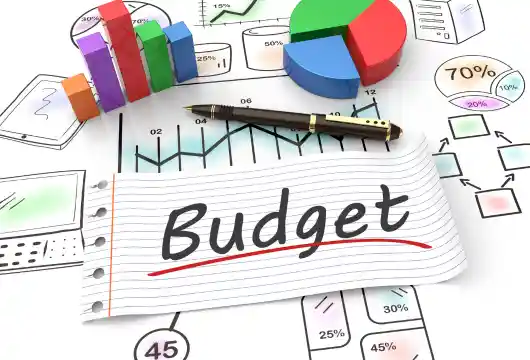Ambitious Green Vision
In a welcome move, Finance Minister Nirmala Sitharaman, during the presentation of the interim Budget, underscored the significance of sustainable development by committing India to achieve ‘Net Zero’ by 2070 under the banner of Amrit Kaal. The Budget allocates resources and proposes measures to propel the nation towards a greener, more sustainable future. In this article, we’ll delve into the key initiatives outlined in the Budget and their potential impact on India’s journey towards achieving environmental sustainability.
1. Offshore Wind Energy
The Finance Minister’s proposal includes viability gap funding for harnessing offshore wind energy, marking a decisive step towards clean and renewable energy sources. The plan targets an initial capacity of one gigawatt, which aligns with global efforts to transition away from fossil fuels and reduce carbon emissions.
2. Coal Gasification and Liquefaction Capacity
The Budget aims to establish 100 million tonnes of coal gasification and liquefaction capacity by 2030, focusing on a more sustainable energy mix. This ambitious target signals a shift towards cleaner technologies, potentially mitigating the environmental impact of traditional coal-based energy generation.
3. Phased Mandatory Blending of Clean Fuels
The interim Budget introduces a mandatory blending of Compressed Natural Gas (CNG), Piped Natural Gas (PNG), and compressed biogas for domestic purposes. This move promotes the use of cleaner fuels and contributes to reducing the carbon footprint in households across the nation.
4. Biomass Aggregation Machinery
Recognizing the importance of sustainable agriculture, the government is set to provide financial assistance for procuring biomass aggregation machinery. This initiative aims to encourage adopting eco-friendly farming practices while supporting rural economies.
5. Rooftop Solarisation
One of the highlights of the Budget is the proposal for rooftop solarisation, aiming to empower one crore households to obtain up to 300 units of free electricity per month. This promotes renewable energy at the grassroots level and addresses the energy needs of urban and rural areas.
6. Electric Vehicles and E-Mobility
The government plans to adopt electric buses and strengthen the e-vehicle ecosystem to revolutionize public transport. This involves supporting the manufacturing and charging infrastructure for electric vehicles, a crucial step towards reducing air pollution and dependency on fossil fuels.
7. Biomanufacturing and Bio-foundry Scheme
The Budget introduces a new scheme focused on biomanufacturing and bio-foundry, aligning with the global trend towards sustainable alternatives. This initiative aims to support developing and scaling up environment-friendly products, fostering innovation in the green sector.
8. LED Street Lights and Blue Economy 2.0
The budgetary allocation for sustainable lighting solutions is boosted by installing 1.3 crore LED street lights under the Street Lighting National Programme (SNLP) scheme. Additionally, the launch of the Blue Economy 2.0 scheme reflects the government’s commitment to restoring and adapting coastal aquaculture and mariculture, promoting sustainable practices in the maritime sector.
9. Increased Budget for Solar Power Grid Installations and Green Hydrogen Mission
The Budget highlights the government’s commitment to renewable energy. It allocates a substantial increase in funds for solar power grid installations and the National Green Hydrogen mission. These allocations emphasize the importance of harnessing solar energy and developing green hydrogen as a clean and efficient energy carrier.
India’s interim Budget for the fiscal year ahead lays the foundation for a sustainable and eco-friendly future. The proposed measures, ranging from renewable energy initiatives to sustainable agriculture and transportation, signify a holistic approach towards mitigating climate change and fostering environmental resilience. As India embraces ‘Net Zero’ by 2070, these budgetary allocations and proposals serve as a testament to the nation’s commitment to building a greener, more sustainable tomorrow.

